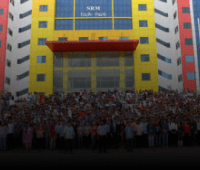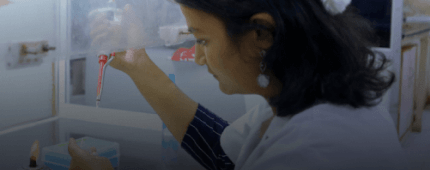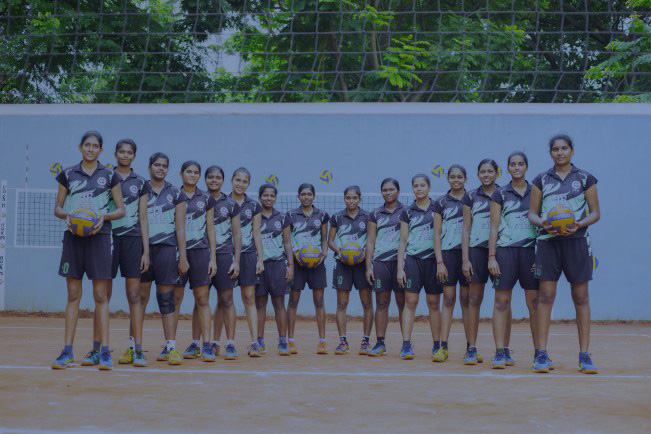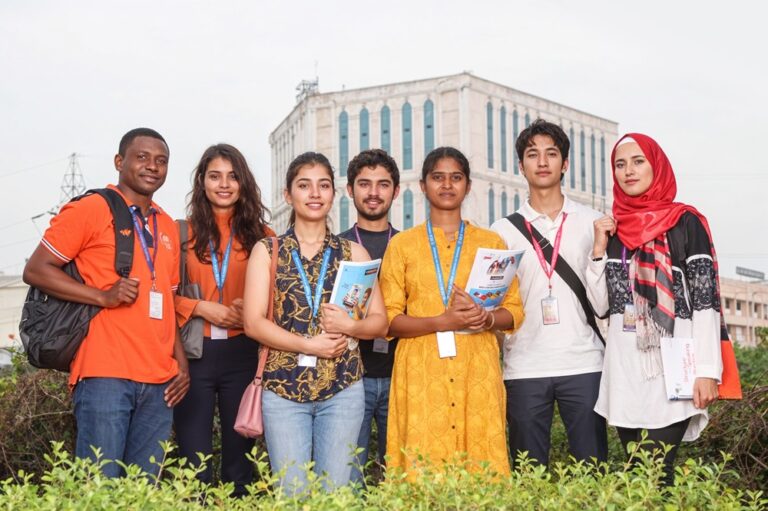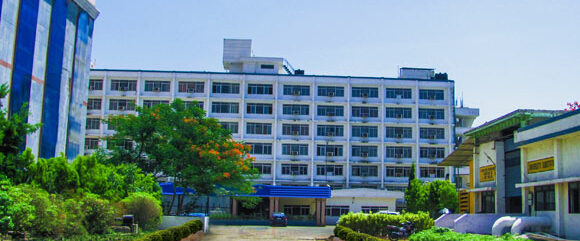
Digital IC Lab
Digital IC Lab
A comprehensive undergraduate engineering program must provide opportunities for the application of theoretical concepts to the solution of realistic engineering problems. As digital systems and computer engineering concepts are integrated into the undergraduate engineering curriculum. We have included this lab which will enable them to work with digital networks and mini-computers.

Specifications
Digital IC Lab is one of the well equipped advanced electronic labs with following basic and advanced equipments.
- Oscilloscopes, Function Generators
- Digital IC Testers
- Digital Trainer Kits
- Personal Computers
- Ammeters, Voltmeters, Multimeters
- Decade Resistance, Inductance & Capacitance Boxes
Lab investment: Rs. 24,87,908/-
- Oscilloscopes, Function Generators
- Digital IC Testers
- Digital Trainer Kits
- Personal Computers
- Ammeters, Voltmeters, Multimeters
- Decade Resistance, Inductance & Capacitance Boxes
This lab is utilized for conducting the following course(s):
- 18ECC103J Digital Electronic Principles Lab
- 18ECC202J Linear Integrated Circuits Lab
- Object counter
- DTMF based home automation
- Transistor tester
- IR Detector
- Design and implement Adder and Subtractor using logic gates
- Design and implement Multiplexer and Demultiplexer using logic gates
- Construct and verify 4-bit ripple counter, Mod-10/Mod-12 ripple counters
- Construct and verify shift registers
- Verify characteristic table of flip-flops
- Construct combinational circuit using Logisim.
This lab is utilized for conducting the following course(s):
- 18ECC103J Digital Electronic Principles Lab
- 18ECC202J Linear Integrated Circuits Lab
- 21ECC211L Devices And Digital Ic Lab
- 21ECC222L Analog And Liner Electronic Circuits Lab
Profile
The Digital Logic Lab is where our students gain practical experience in the use of basic hardware components. Through experiments, students become familiar with gates, multiplexers, decoders, flip-flops, counters, registers and displays. The syllabus focuses on Boolean logic functions, Descriptive TTL and CMOS logic, as well as IC logic devices. It describes proper method for detection and correction of common fault potentials.
Contact Persons
Mr. Sivakumar
Technical Assistant
sivakuma3@srmist.edu.in


